From pv magazine Global
Indonesian President Joko Widodo inaugurated a 145 MW floating PV project at Cirata, western Java, on Wednesday, according to a press release.
Abu Dhabi-based renewable energy company Masdar and Indonesia’s government-owned utility PLN operate the facility.
The plant is 250 hectares in size and is located at Cirata Reservoir, which is claimed to be the largest hydropower project in Indonesia. The plant reportedly produces 1,428 GWh of energy per annum.
Masdar and PLN last month announced they were expanding the Cirata project – claimed to be the largest floating PV array in Southeast Asia – more than threefold to 500 MW. The companies did not disclose the expected completion date for the expansion but said the move was possible due to legal permit changes.
“Regulatory development” means that now up to 20% of the water’s surface can be used for renewable energy, the press release said.
Indonesia’s Minister of Energy and Mineral Resources Arifin Tasrif said the plant could generate 1.2 GW if it utilized 20% of the reservoir’s total area.
Masdar did not respond to pv magazine‘s questions about what solar technology would be utilized and the terms of its power purchase agreement (PPA).
Meanwhile, Chinese module maker Husaun announced the company’s director of overseas sales and project development, Jacky Chan, signed a memorandum of understanding with “renowned Thai EPC company” Grow Energy on Wednesday to supply 150 MW of modules.
The agreement, inked on Wednesday, is for Husaun to supply bifacial heterojunction (HJT) modules to Grow Energy’s Thailand projects. The announcement does not specify when the supply agreement will commence.
Up to 60 MW of HJT modules will be allocated to floating PV projects, while 90 MW of HJT modules will be allocated to ground-based projects and commercial and industrial (C&I) rooftop systems, the press release said, without providing further details.
This content is protected by copyright and may not be reused. If you want to cooperate with us and would like to reuse some of our content, please contact: editors@pv-magazine.com.
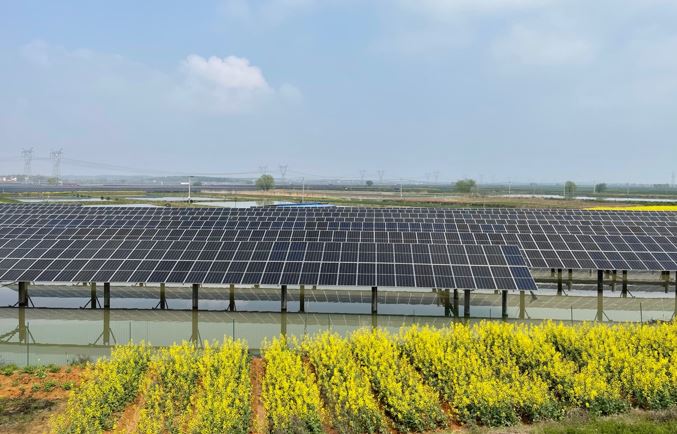
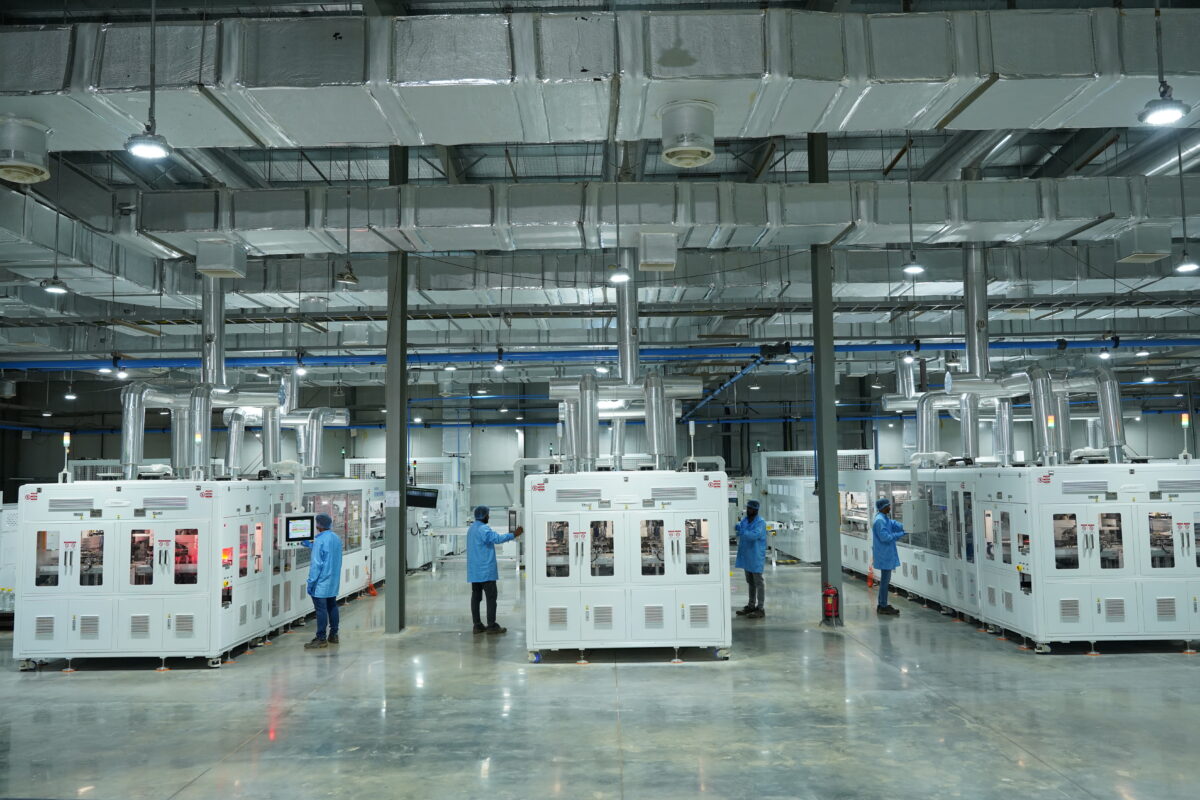



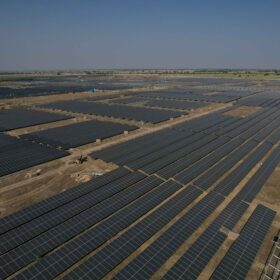
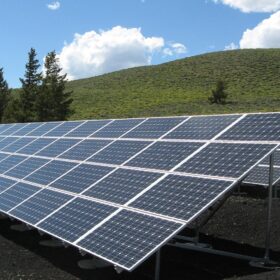
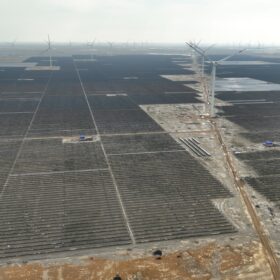
By submitting this form you agree to pv magazine using your data for the purposes of publishing your comment.
Your personal data will only be disclosed or otherwise transmitted to third parties for the purposes of spam filtering or if this is necessary for technical maintenance of the website. Any other transfer to third parties will not take place unless this is justified on the basis of applicable data protection regulations or if pv magazine is legally obliged to do so.
You may revoke this consent at any time with effect for the future, in which case your personal data will be deleted immediately. Otherwise, your data will be deleted if pv magazine has processed your request or the purpose of data storage is fulfilled.
Further information on data privacy can be found in our Data Protection Policy.